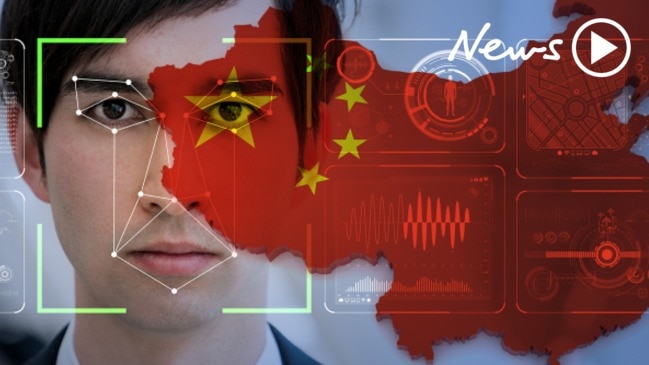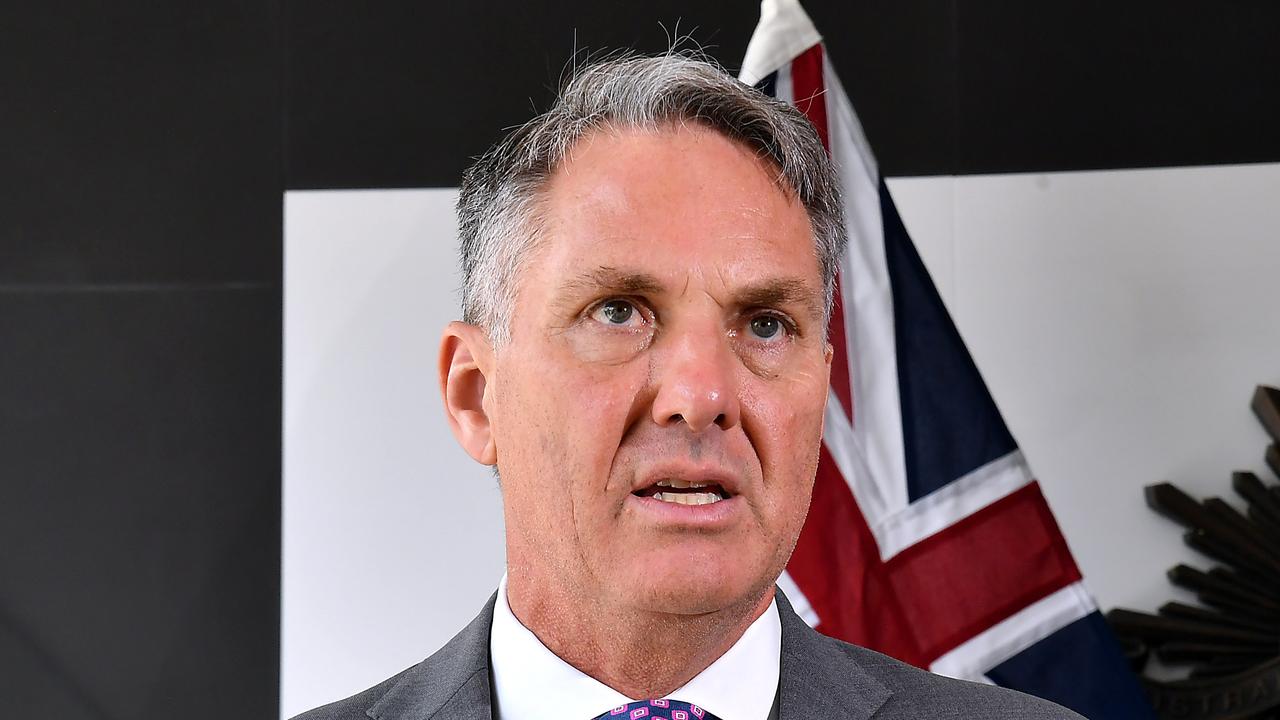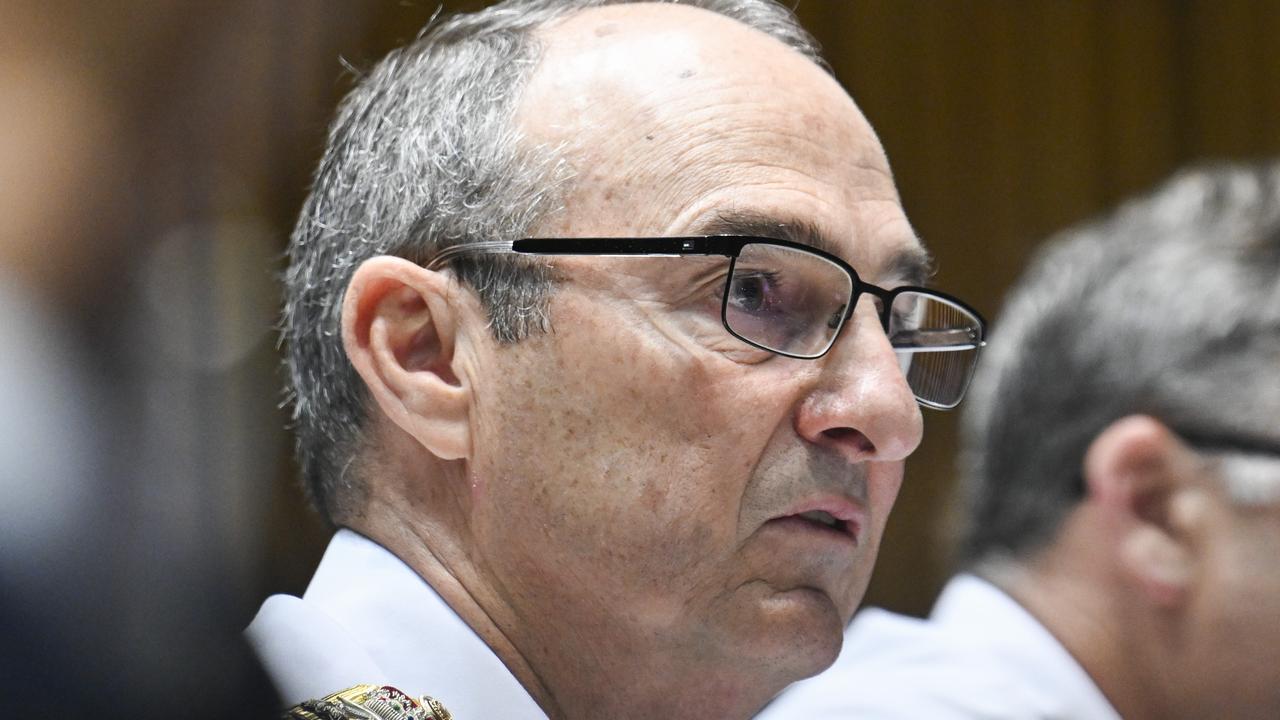The controversial law that could change one country as we know it
It’s a vibrant nation, home to the second-highest number of Australian expats after Britain. But things here will get ugly — and fast.
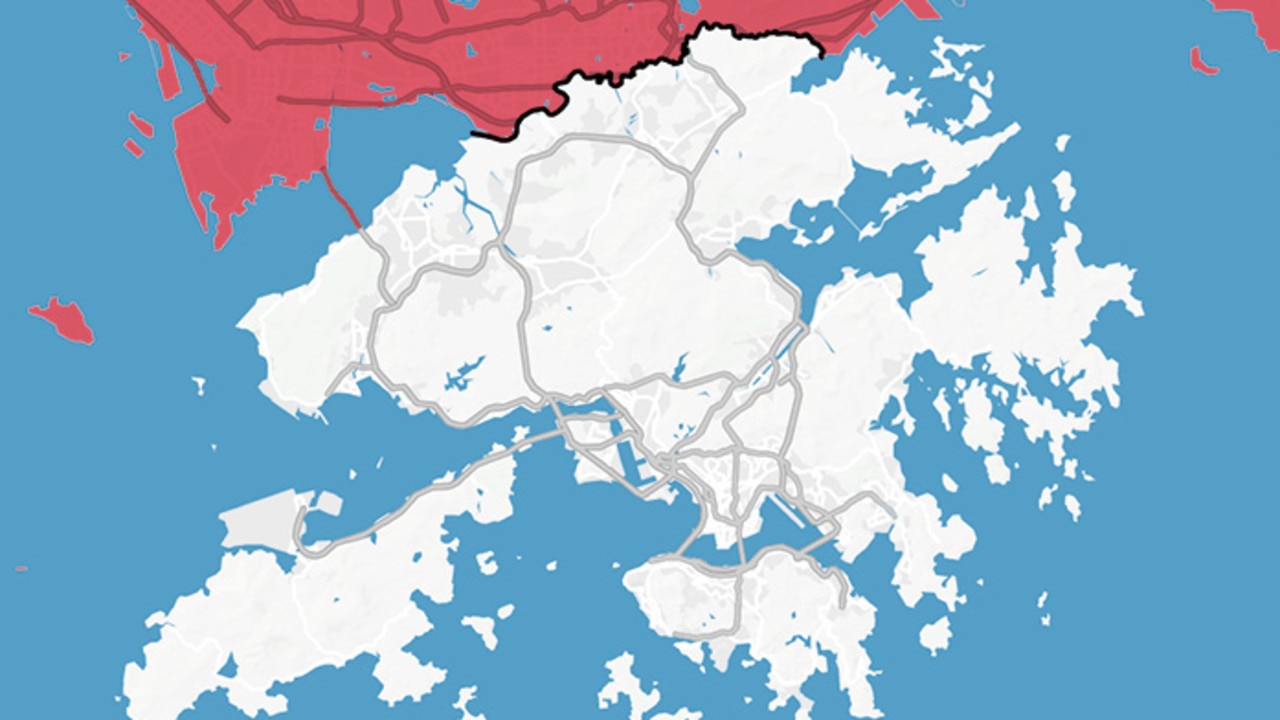
To most Australian travellers, Hong Kong conjures up images of night markets, sprawling skyscrapers and a thriving foodie scene.
But as China continues rising and its power extends further, there are growing fears the vibrant city will soon cease to exist as we know it. The concern is the Chinese Communist Party’s suppressive practices and human rights abuses will filter down to the former British colony.
The United States, United Kingdom, European Union and Canada have joined the tens of thousands of Hong Kong citizens protesting a controversial new extradition treaty proposal.
The law, if passed, would allow anyone living in Hong Kong to be sent to China to face trial — a prospect described by local media as “unsettling at best and downright frightening at worst”.
The country hosts around 100,000 Australian expats, all of whom will theoretically be at risk under the proposal.
The Australian government, however, has remained curiously silent, leading some senior political figures in Hong Kong to question why Canberra won’t speak out.
RELATED: Call for Aust. to oppose HK extradition law
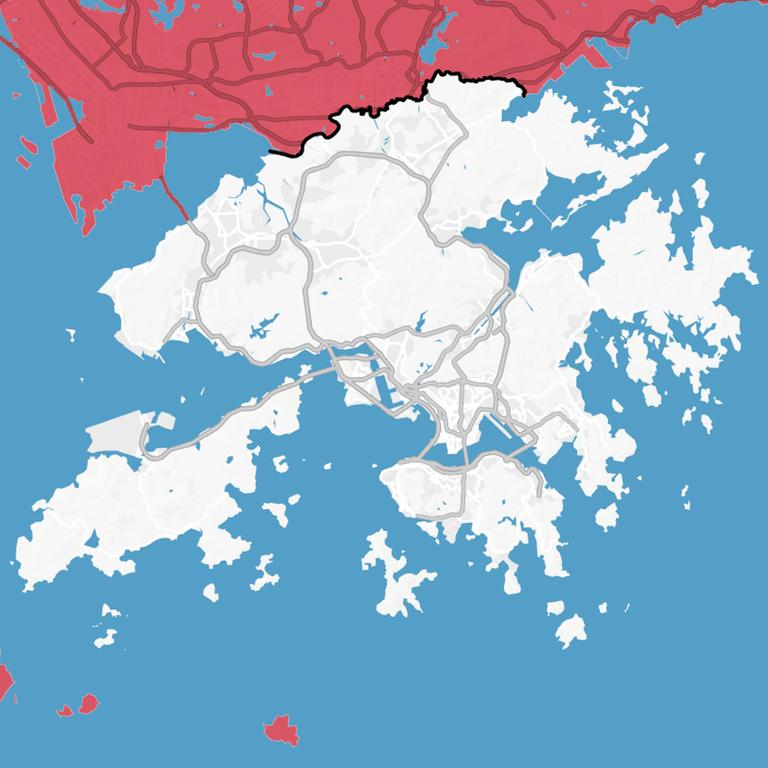
THE CONTROVERSIAL LAW DIVIDING A COUNTRY
Pressure is mounting on the Australian government to condemn a controversial new extradition treaty proposal between Hong Kong and China.
The Hong Kong Government has proposed a controversial law that would permit extradition requests to mainland China.
Many countries with similar judicial processes have extradition treaties. This basically means if someone is suspected of committing a crime while in a country signed to the treaty, that person can be made to return to that country to face trial.
A treaty has to be approved by both governments signing onto it in order to take effect. But it’s not uncommon for these requests to be denied, particularly if one party has a suspected history of human rights abuses.
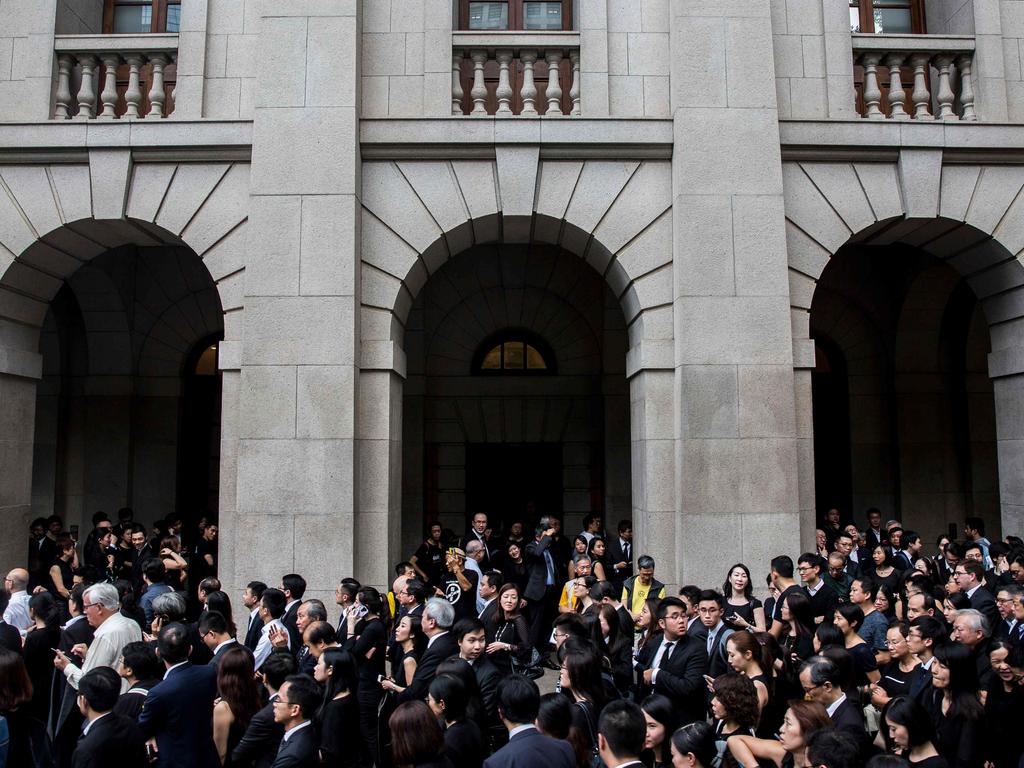
This brings us to China. While the Beijing government sees Hong Kong as an inalienable part of China, the two regions have long been controlled by separate governments with separate legal processes.
Hong Kong currently has extradition agreements with 20 countries — including Australia, the US and the UK — but mainland China has never been one of them.
The proposed treaty came about after a 19-year-old Hong Kong man allegedly murdered his 20-year-old pregnant girlfriend in Taiwan last year.
The man fled Taiwan and returned to Hong Kong last year, and Taiwanese officials now want him back to face trial.
Hong Kong doesn’t have an extradition agreement with Taiwan. In order to bring one in, mainland China and Macau would have to be included in accordance with the Beijing government.
Hong Kong returned to Chinese rule in 1997 but is semi-autonomous; China allows for a “one country, two systems” rule by which the city is allowed to preserve its current economic and social systems until at least the year 2047.
But this law — which would give China the power to summon Hong Kong residents at the drop of a hat — symbolises a threat to all of these freedoms.
‘HONG KONG IS SINKING FAST’
The push is being led by Hong Kong Chief Executive Carrie Lam who has been accused of “carrying out Beijing’s bidding”.
In making her case, Ms Lam repeatedly stressed there were provisions to stop people from being persecuted for political crimes, religious beliefs or being put at risk of torture.
But some judges say China’s increasingly close relationship with Hong Kong and the limited scope of extradition hearings would leave them little room to fight back.
They worry if they tried to stop high-profile suspects from being sent across the border, they would be exposed to criticism and political pressure from Beijing.
Claudia Mo, a pro-democratic member of the Hong Kong Legislative Council, is staunchly opposed to the law being passed.
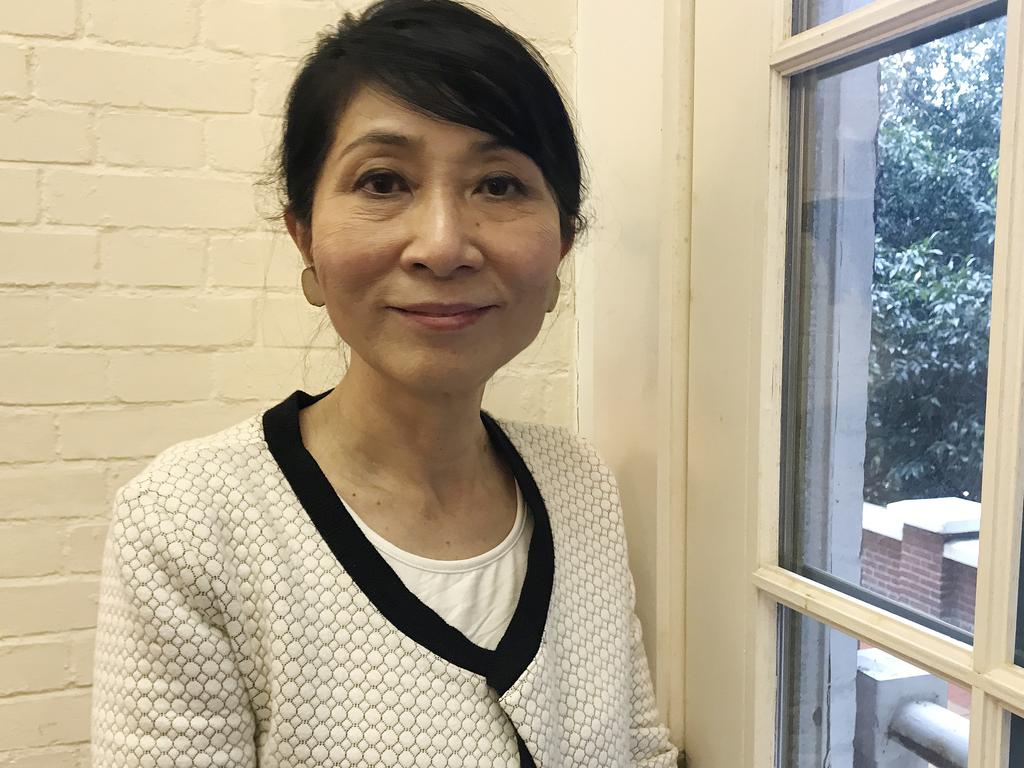
“Hong Kong’s like a little boat. It’s seriously sinking fast,” she told news.com.au. Ms Mo accused Ms Lam of being a “puppet” for the Chinese government.
“Carrie did an interview in 2017 where she said ‘I’m no Beijing puppet’. But she’s ever since proved she’s exactly that.
“Carrie Lam has been a career civil servant for 40 years. She’s used to saying ‘Yes minister, yes boss, I’ll do whatever is required of me’. How could she start such a controversy without Beijing’s blessing? I don’t think she would have done anything like this without seeking Beijing’s approval. She’s just carrying out orders. It’s obvious.”
Ms Mo holds fears for what this means for future generations of Hong Kong citizens. “We need to do something for the young, but we’re fighting a losing battle,” she said.
Her own children live overseas, but she says many locals aren’t that fortunate. “What about the average Hong Kong youth who hasn’t got a foreign passport — who can’t afford to travel out of Hong Kong? This is their home,” Ms Mo said.
Hong Kong was officially handed back to China after British rule in 1997. Ms Mo, a former journalist, says she now regrets not doing more to ensure the country’s future wouldn’t be compromised by the prospect of China’s increasing power
“I was cautiously optimistic that China would not just grow up — but wake up to its humanity. It’s all about universal values,” she said.
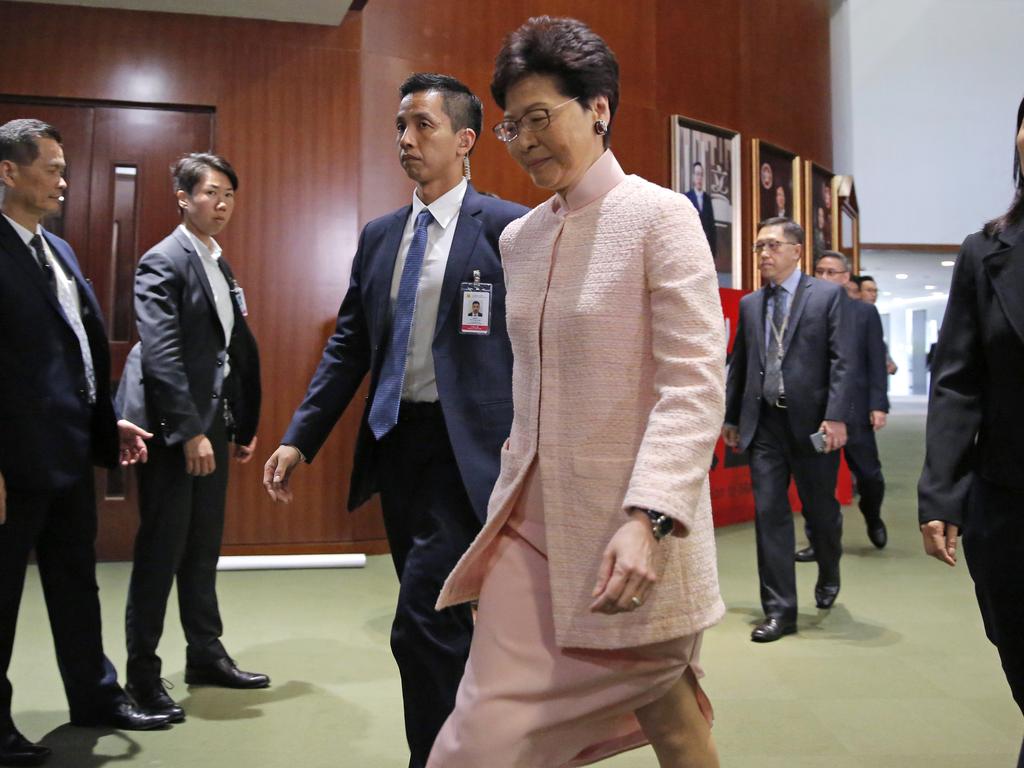
THE RIGHT TO PROTEST CHINA’S DARKEST DAY
The fears aren’t limited to the extradition proposal. There are also growing concerns over how much power and influence Beijing will continue to wield across the board in Hong Kong.
Every evening on June 4, tens of thousands of citizens congregate in one of the city’s public landmarks to commemorate the 1989 Tiananmen Square crackdown and demand the Beijing government be held accountable.
Hong Kong has long been the only place on Chinese soil where such demonstrations could take place.
But many now fear Beijing’s rising influence will stifle these freedoms.
Lee Cheuk-yan, Vice Chairman of Hong Kong’s Labour Party, has organised the annual Tiananmen Square protests in Hong Kong for years. He also runs the June 4 Museum in Mong Kok, a memorial museum for the massacre.
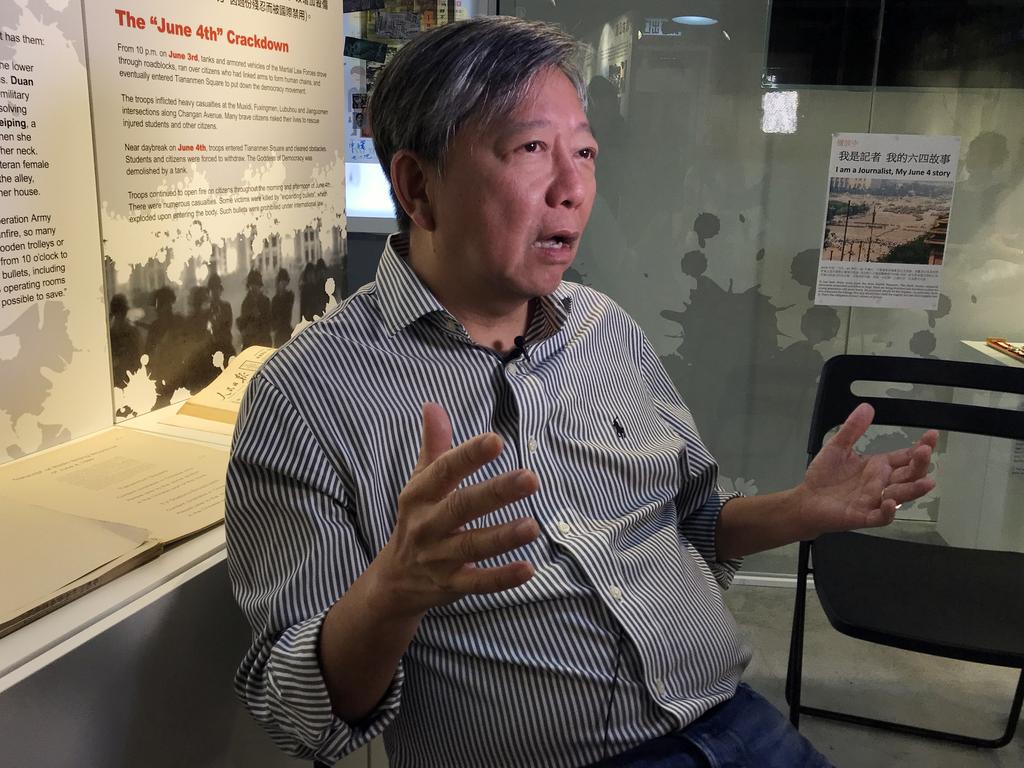
The social activist and former politician attended the Tiananmen Square massacre in Beijing and was subsequently detained by the Chinese government. He still has memories of “tanks rolling in on the streets” and “bodies of students stacking up” in hospitals.
But you’d never hear of such accounts in mainland China.
“In China they are trying to erase the whole memory about June 4 and suppress any discussion,” he told news.com.au. “The younger generation don’t know anything about it. Parents don’t speak to their children about it.
“Even the Chinese government lies about what happened. No one actually knows how many died — not just in Beijing, but in other places in China. There were lots of protests everywhere.
“My challenge is — if the Communist Party thinks they were so right in massacring their own people, tell us how many were killed. Why don’t they open a museum in China and show the people what happened?”
Mr Lee says freedom and democracy in both China and Hong Kong have come under threat since Xi Jinping came to power in 2013, describing an “unprecedented scale of suppression”.
“The previous leaders said we need to allow the people to grieve a bit so there can be some sort of freedom. But after Xi, there will be no grieving space for anyone in China that wants to have a voice of dissent,” he said.
This, he says, is why he continues to fight for the annual protests against the massacre to continue.
“For us, I think it’s important that we fight on, no matter what. So far, we have to protect and defend our state and also continue our work for changing China,” Mr Lee said.
“We hope we can change China before China changes us.”
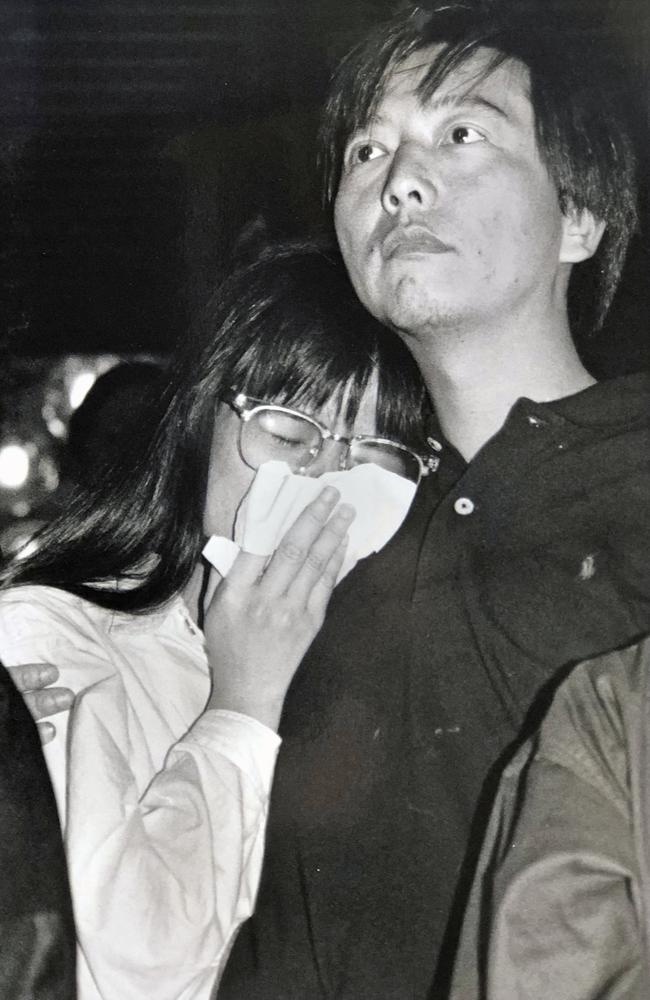
In a bid to see what the Chinese public knew about the crackdown, freelance journalist Melissa Chan went to Tiananmen Square with a printout of the “tank man” image earlier this month.
She said there were three common responses from those she talked to.
“They either: 1) ran away, 2) glint in their eye revealed they knew it, but pretended not to, 3) truly blank stares,” she wrote on Twitter, adding she was dragged away from the square and detained by authorities.
Pro-China Twitter users have hit back with responses stating many people in China do recognise the image, but people either “do not care” or “don’t talk about it”.
On Chinese social media, hundreds of phrases, hashtags and images related to the massacre — particularly the iconic tank man image — have been blocked by the Beijing government.
How do I know Chinese don't recognize this photo? Because I once printed this out and walked over to Tiananmen Square and showed people. They either: 1) ran away, 2) glint in their eye revealed they knew it, but pretended not to, 3) truly blank stares. Lotsa #3. https://t.co/yzlnZ06uQt
— Melissa Chan (@melissakchan) June 2, 2019
WHERE IS AUSTRALIA IN ALL THIS?
Australians, of all people, can appreciate how polarising the extradition proposal is.
In 2017, the then-Turnbull government was forced to pull a contentious China-Australia extradition treaty following objections within Coalition ranks and from legal officials.
Their concerns weren’t too different from those now being felt in Hong Kong. The Law Council of Australia concluded China “does not act in accordance with procedural fairness and rule of law standards in criminal proceedings”.
And yet, while the UK, US, Canada and European Union have all publicly spoken out against the Hong Kong proposal, Canberra has remained silent.
The Australian Department of Foreign Affairs and Trade said the Government was monitoring the situation but was yet to issue a move to oppose it.
“The Australian government is taking a close interest in the proposed amendments to the Fugitive Offenders Ordinance in Hong Kong, including to ascertain any impacts on Australian residents,” a spokesperson told news.com.au on Friday.
“The Australian Consul-General in Hong Kong has raised the issue with senior levels of the Hong Kong government.”
Ms Mo urged the Morrison Government to speak out. “The Australian government must announce its stance on this very unacceptable law as soon as possible,” she said. “The European Union of 28 countries have done it. America, Canada have made it all very clear.
“It’s about time Australia joined the international community in condemning this very evil law in Hong Kong.”
On June 9, protests will take place both in Hong Kong and around the world, including the Australian capital cities of Sydney, Melbourne and Brisbane.
Gavin travelled to Hong Kong with the assistance of the Judith Neilson Institute for Journalism and Ideas. Continue the conversation @gavindfernando | gavin.fernando@news.com.au
